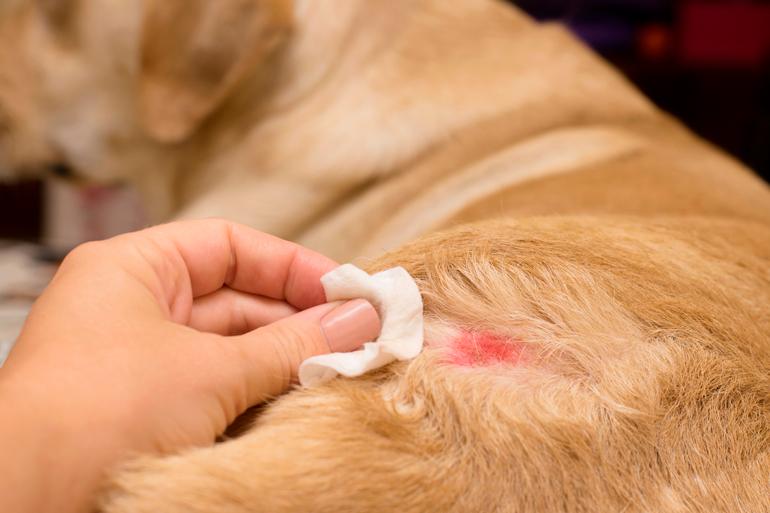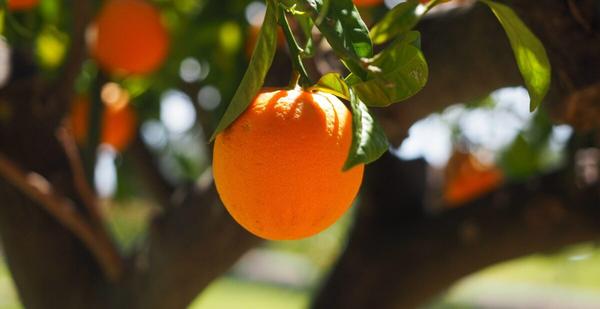Welcome: wash your hands (and kill your skin)
Article
Ramon Oliver
Mint, watermelon, lavender, vanilla, berries, citrus: all these scents completely cover the bitter and tingling protection for our skin that the –usually aromatic– hydroalcoholic gels offer against covid-19. Since the virus has become part of our daily lives, the act of washing hands has become so automatic and frequent that these products proliferate everywhere. One can find them in the access to schools, shops, restaurants, offices, public buildings, but it is also possible to find them already in our personal necessities.
This ubiquity has given rise to an increasingly sophisticated industry when it comes to making this type of product, now one more consumer good. Fashion brands like Mango already have their own, and many manufacturers have abandoned boring, industrial-looking transparent dispensers to serve them in attractive pocket-sized containers, giving rise to careful designs and formats (including those that are returnable –or recyclable– whose objective is In addition to our skin, it is also taking care of the environment). The most eccentric gels are not lacking either: it is not difficult to find products of this class with traces of glitter.
I CHOOSE TO TWEET ABOUT "HOW TO HANG A TV ON WALL MOUNT INTO STUD AND DRYWALL". FOR ALL OR SOMEONE YOU KNOW YOU CAN… https://t.co/ygAc3nb2VH
— brian douglas Mon Jan 21 02:55:19 +0000 2019
Protect or harm?
Science has confirmed the effectiveness of hand hygiene as one of the main protection tools against the transmission of covid-19. A study from the University of Kyoto, in Japan, warns of the ability of the virus to survive up to nine hours on human skin (a resistance four times greater than that of other viruses such as the one that causes influenza A). The same report confirms that disinfectants containing at least 80% ethanol manage to eliminate the virus in a matter of 15 seconds. The World Health Organization (WHO) establishes minimum amounts of between 60% and 80% ethanol, isopropanol or n-propanol in hand rubbing products to guarantee a minimum of microbicidal properties, recommending in turn a percentage of between 75% and 85% of these alcoholic derivatives to achieve maximum effectiveness.

Dermatologists, however, warn against the excessive use of this type of product, since it can also have adverse effects on the skin: dermatitis, irritation, dryness, redness, flaking, itching and even fissures are some of the the side effects that can arise after subjecting the hands to continuous doses of hydroalcoholic solutions. Some symptoms that, in addition, can be aggravated in the case of people with a genetic propensity or a history of atopy (hypersensitivity to some environmental agents, such as pollen).
The reasons for these skin changes are found in the fact that alcoholic solutions cause dryness: in excessive amounts, they can eliminate the lipid layer; that is, the natural protective barrier of the skin. Some effects that remain unknown after the usual health recommendations. The misinformation on this issue has caused people to even resort to these gels to – paradoxically – hydrate their skin.
Now, from institutions such as the Spanish Academy of Dermatology and Venereology, it is requested that a moderate use of this type of hydroalcoholic solutions be made and that priority be given, whenever possible, to washing hands with soap and water, solution that they consider effective and, at the same time, more innocuous for the skin. In fact, the Pediatric Dermatology Group of this institution recently warned of an increase in cases of acne, dermatitis and other skin disorders among children and adolescents. Raúl de Lucas, its coordinator, insists on soap and water as the main preventive measure: in case of resorting to hydrogels, he advises choosing those that do not contain perfume to minimize the risk of photosensitive reactions. Other experts, such as Dr. Carmen D'Amelio, from the Clínica Universidad de Navarra, also recommend drying your hands without rubbing, using emollient creams or using moisturizing lotions during the day. Everything to protect our first defense barrier: the skin.









1772